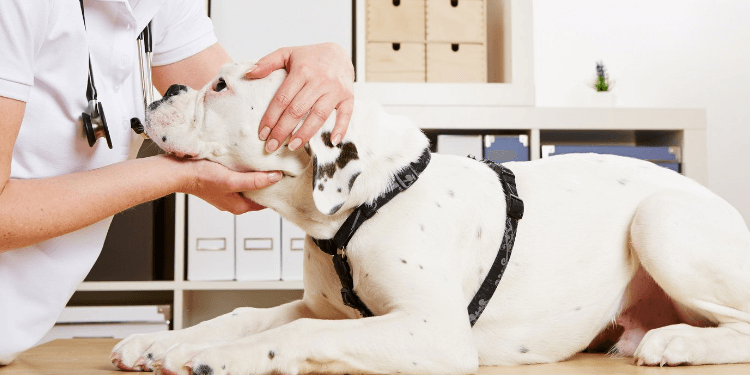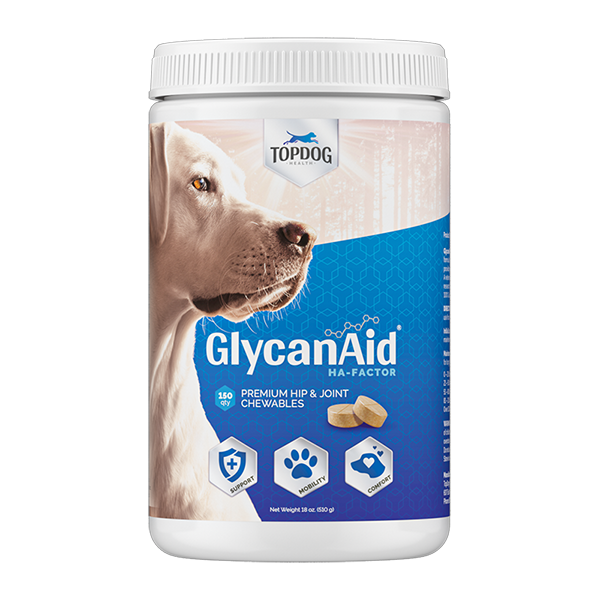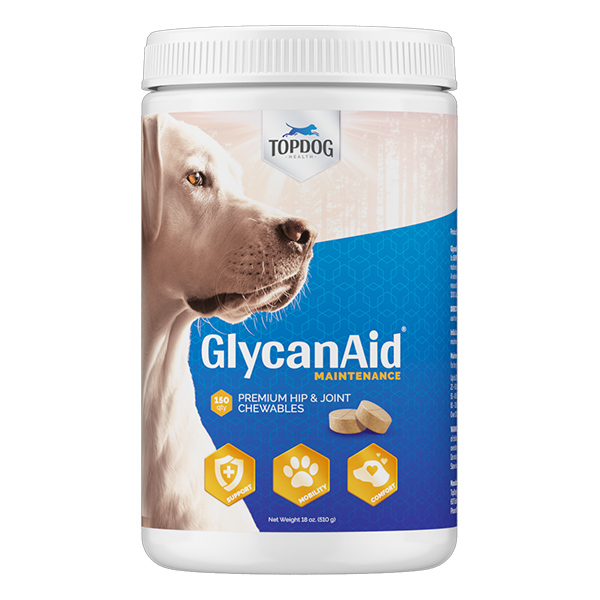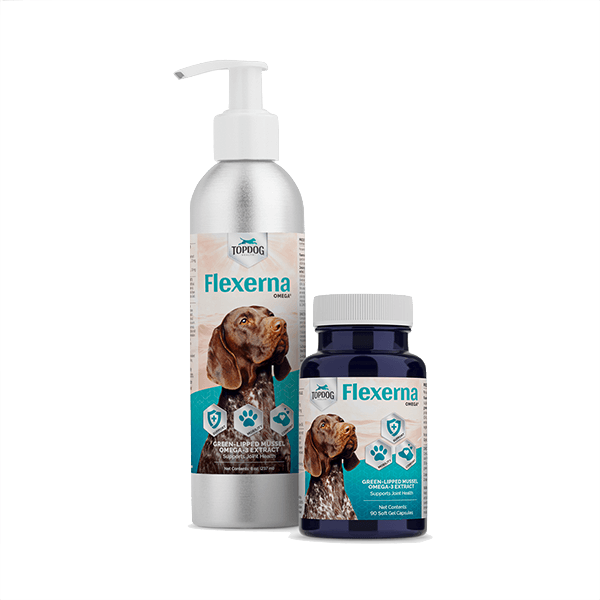So once a year you get that notice in the mail that your dog is due for a physical exam or yearly check-up and annual vaccinations. And every year you march into the chaos of the animal hospital with your dog in tow for your whole 15 minutes with the doctor.
Let’s face it, 15 minutes is not a whole heck of a lot of time. So how do you maximize this one-on-one time and cover the major topics concerning your dog’s health? It simple! Have a plan!
1. Make a List
Before you go to the veterinarian, jot down any questions that you may have regarding your dog’s health or behavior. Writing down your concerns before the exam will ensure you won’t forget anything once you’re there.
Take note of anything at all that is out of the ordinary.
- Has your dog been gaining or losing weight?
- Have their eating, water drinking, or sleeping habits changed?
- Have they been scratching or licking themselves more frequently?
Ask about it! Things that seem small at first can quickly turn into larger issues, and early detection can save you and your pup a whole lot of stress (not to mention money).
Even if everything seems normal, there are still helpful questions you can use this valuable time to ask.
- Is the brand of food you’re feeding them the best choice?
- Is a brisk 15-minute walk twice per day enough exercise?
- Are there any supplements they would benefit from that they’re not already taking?
Since your vet knows your dog and their health history, their insight will be much more accurate and helpful than, say, an internet search or a well-meaning pet store employee. The few minutes it takes to write down any questions or concerns will allow you to make the most of this valuable time for your dog
2. Be Informed & Know What To Expect
Be informed about what should be done and covered during this exam time. Make sure that your veterinarian is thorough and looks at all body parts and major systems.
- Ears
- Eyes
- Dental Health
- Heart
- Lungs
- Abdominal Palpation
- Muscle Composition
- Joint Health
- Weight
- Nails and Paw Health
- Rectum
- Anal Glands
- Genitals
3. Request Bloodwork
If your dog is over the age of 7 make sure that you request some basic bloodwork so that you can evaluate internal organ health and gain a baseline.
Remember, vaccinations are only one very small part of overall health and wellness. Every day clients walk into my practice with the perception that their dog just needs “shots”. Unfortunately, this is more of the norm than you would expect.
4. Take Note of Food, Medications, Supplements, and Treats
Oftentimes, my clients assume they know the details about their beloved pet’s food, medications, supplements, and treats offhand, but it can be tricky. “about a scoop” of kibble is not the most helpful measurement for a veterinarian. Before the exam, take note of the details.
- How many actual cups are in a scoop?
- How many milligrams of their omega supplement is your dog taking daily?
- What exactly is in those treats they gobble down so quickly?
You can even snap a quick picture on your phone of the label or ingredients list, or bring in the pill bottles to the exam if it’s easier. This is helpful because, for example, if your dog is having digestive issues, the culprit may not be their food but rather something in their treats. If you know the ingredients, this will help your veterinarian spot any red flags.
These quick and simple tips go a long way in helping you ensure your pup gets the best care possible during their yearly exam. The better informed you are about your dog’s health, the better you will be able to help direct your veterinarian to any issues, either small or large. The few minutes it takes to write down any questions or concerns will allow you to make the most of this extremely valuable time for your dog.
Bonus: Top 10 Questions To Ask Your Vet
- What is my dog’s ideal weight?
- What should I feed my dog and how often?
- What supplements should my dog be on?
- Are my dog’s teeth and gums healthy and how can I prevent dental disease?
- Are my dog’s blood tests up to date? Most common are Complete Blood Cell Count (CBC), Blood Chemistry Profile, 4DX (Heartworm & Lyme Test)
- How much does my dog need to exercise/play and what are the best activities?
- How often should I bring my dog to the vet?
- Which vaccines should my dog receive?
- Should I get pet insurance? (Hint, the answer is YES!)
- What flea, tick, and heartworm treatments do you recommend?












You are so kind Barbara. It is emails like yours that make it all worth it. We are honored to be able to help both you and your dog.
My 8 year old Giant Royal Poodle had TPLO surgery and has recovered “remarkably well” according to his surgeon. I owe a great deal of Chester’s remarkable recovery to you Doctor and your wonderful videos and work book on TPLO with each stage of recovery mapped out for me. Also I have had Chester on the Joint Health and he is thriving. I am greatful for your diligent work and honest, straightforward advice. Thank you Babs & Chester, Dayton, NV
Thanks Elizabeth for posting. You did all the work, we just helped guide you. I can definitely write about monitoring bloodwork on your senior dog. Would you want more information about specifically what kind of test to run and then how to interpret these results?
Dear Dr. St. Clair
My dog is nine years old. He had TPLO done two years ago. With your help, teaching us how to do physio at home and your supplements he fell into the 40% statistics and his other stifle/CCL didnot tear . Would you please write an article about the type of blood tests required to insure the guardians of a geriatric dog,that the vital organs are functioning well, ie: kidneys. I know that there is not such a test for liver! The most vital organ !
Thank you